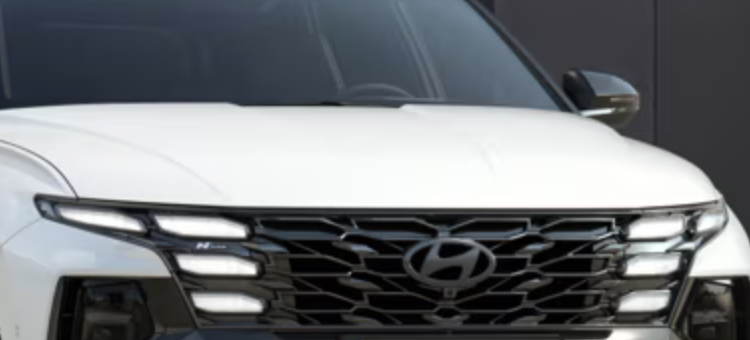
Hyundai to invest $50 billion to secure EV future

Hyundai Group is investing more than 50 billion dollars in electrification /Hyundai
South Korean car manufacturing group Hyundai announced a massive $50 billion (68 trillion won) investment to secure its position as the auto


Comments
Ready to join the conversation?
You must be an active subscriber to leave a comment.
Subscribe Today